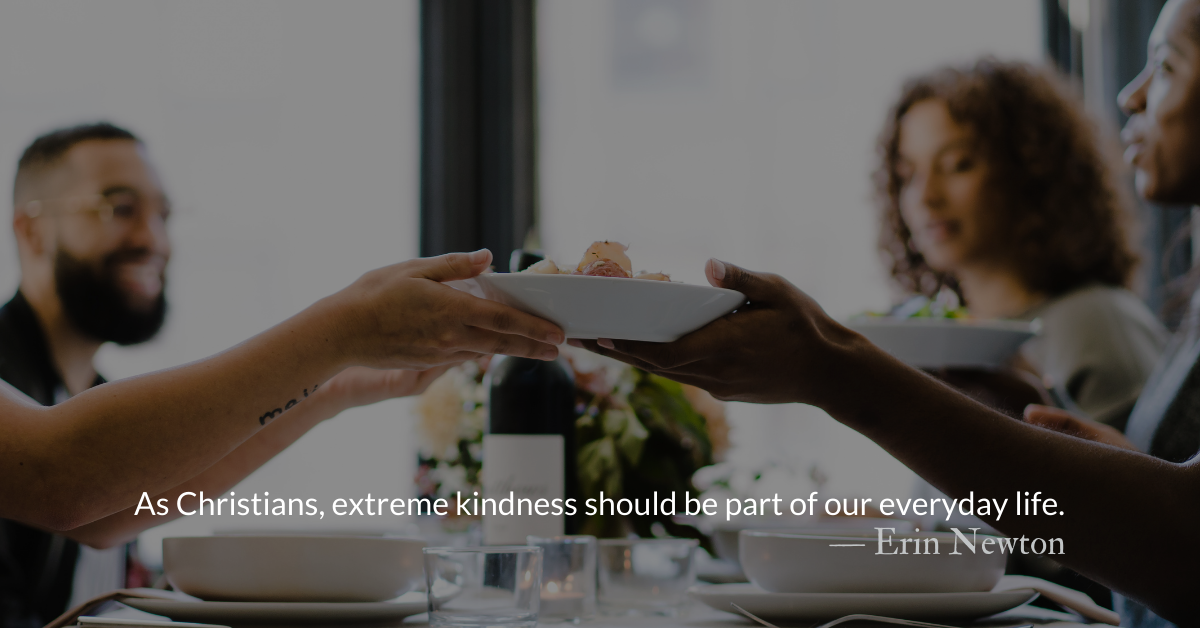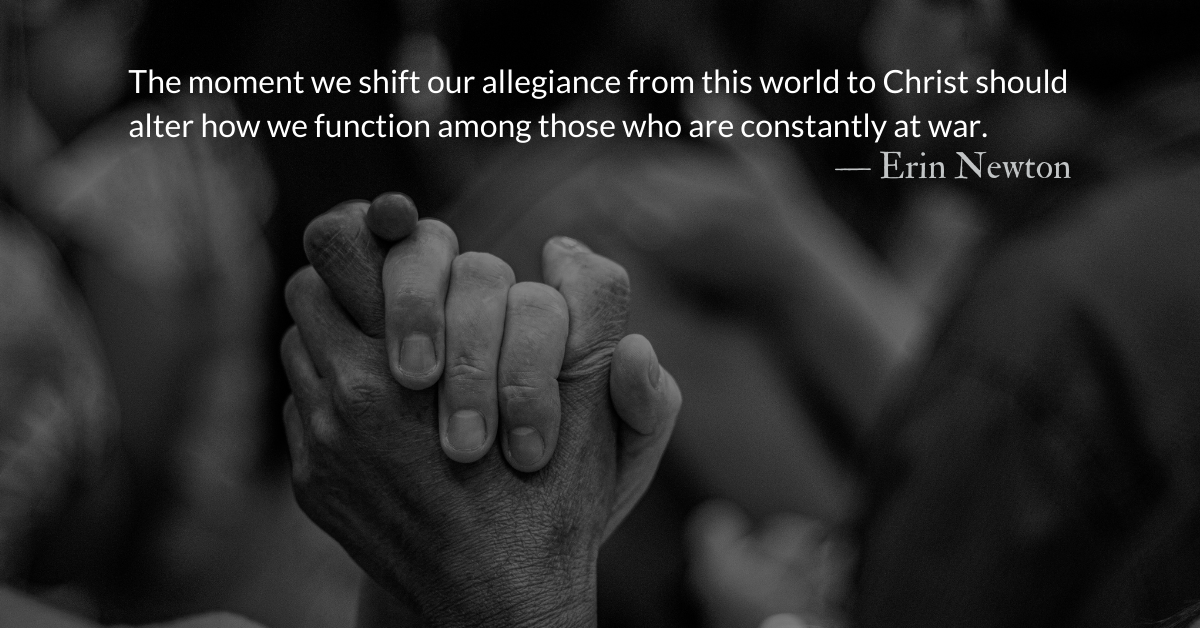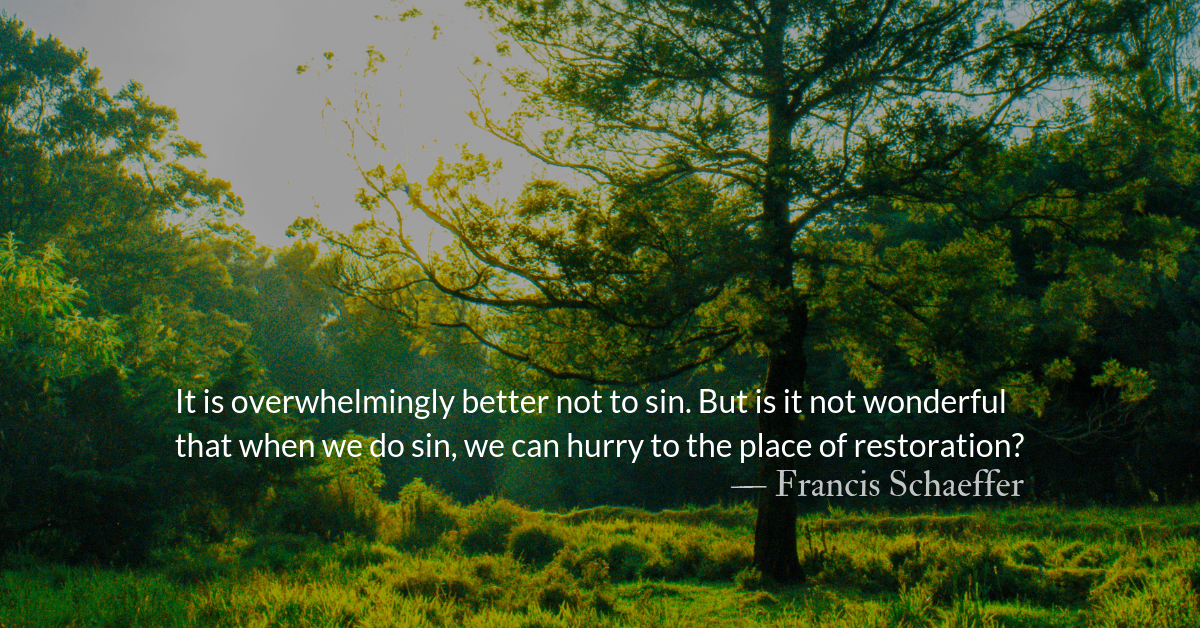Scripture Focus: 2 Samuel 9:8
8 Mephibosheth bowed down and said, “What is your servant, that you should notice a dead dog like me?”
Reflection: Not So Random Acts of Kindness
By Erin Newton
I enjoy looking at posts tagged #RAOK. Random Acts of Kindness. It has become popular to capture these moments and highlight the goodness of humanity. For most, these actions are seen as going above and beyond what is required in social interactions. As Christians, extreme kindness should be part of our everyday life.
When David settled into his role as the king of Israel, he turned his attention to honoring the friendship he had with Jonathan. The conflict between the house of David and the house of Saul nearly wiped out an entire extended family. David asked to find any living heir of Saul. The sole survivor was Mephibosheth, a son of Jonathan who was now lame because of the conflict.
The disabled community suffered greatly in the ancient world, often expelled as outcasts. Lameness required the disabled person to rely entirely upon fellow citizens. Mephibosheth, the heir of a former king, was one of these minorities. His lineage threatened David’s claim to the throne, but David did not treat him as an enemy. David was focused on creating peace and showing kindness.
Mephibosheth knew his limitations and came to David with humility. David did not have divine power to cure the man’s lameness, but he had the power to bring stability, security, and an inheritance to the son of Jonathan. Eating at the king’s table, Mephibosheth was treated as an equal to David’s sons.
Jesus is a greater king than David, never failing to minister to those in need. He did more than honor the outcast, he cured their disease. He did more than honor his fallen friends, he resurrected them. Jesus brought former enemies to his table as friends. Even today, he grants eternal security, everlasting peace, and an inheritance as a son or daughter of God.
Our lives should reflect the work and person of Jesus Christ. He was never slow to cross the boundaries of social norms to meet the needs of the outcasts. Even when the worst of his enemies were abusing him, he prayed for their forgiveness. Loving our former enemies should not be conditional. We must do whatever we can to love our neighbors. “Do not withhold good from those to whom it is due, when it is in your power to act.” Proverbs 3:27
Divine Hours Prayer: The Greeting
Be exalted, O Lord, in your might; we will sing and praise your power. — Psalm 21.14
– From The Divine Hours: Prayers for Summertime by Phyllis Tickle.
Today’s Readings
2 Samuel 8-9 (Listen – 4:52)
2 Corinthians 2 (Listen -2:13)
Read more about Praying Priestly Blessings — Readers’ Choice
One of the primary purposes of humanity, upheld throughout the entirety of scripture, is being a blessing to others.
Read more about Loving God by Loving Others — Guided Prayer
When we act in God’s name to show love to others, we are also loving God by bringing glory to his name.









